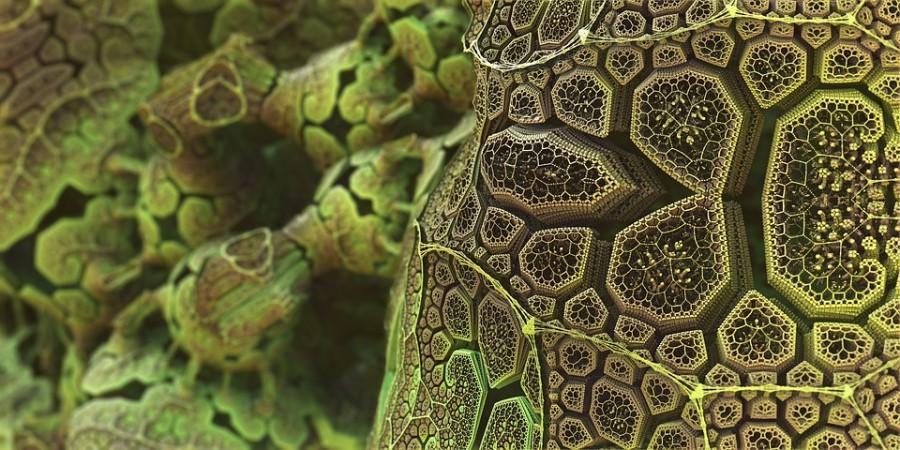
One of the most heated debates in evolutionary biology is the origin of animals. A new study is likely to put an end to this long-standing debate.
The study suggests that all animals descended from sponge-like creatures that lived 750 million years ago.
Resorting to a new statistical analytical methodology, a team of scientists found out that these sponge-like creatures are our earliest ancestor.
There had been a confusion for a decade on whether sponges or comb jellies are our real ancestors. This confusion was mainly because previous studies have suggested that complex comb jellies may also be the earliest members of the animal kingdom.
Since then, there have been a number of studies to find out the truth.
Finally, researchers from the University of Bristol came to the conclusion about the origin of animals by using a new statistical technique to test. Their analysis revealed that sponges are the root of the animal tree.
Daily Mail quoted Professor Davide Pisani, lead author of the study saying: "The fact is, hypotheses about whether sponges or comb jellies came first suggest entirely different evolutionary histories for key animal organ systems like the nervous and the digestive systems."
He added: "Therefore, knowing the correct branching order at the root of the animal tree is fundamental to understanding our own evolution, and the origin of key features of the animal anatomy."
However, only a few months ago, another paper published in the journal Nature Ecology and Evolution suggested that comb jellies were indeed our ancestors.
The results, published in the journal Current Biology, were clear, Pisani said: "Models that provide a much better description of the data invariably find the sponges at the root of the tree, for all of the datasets that have been published up to now."















